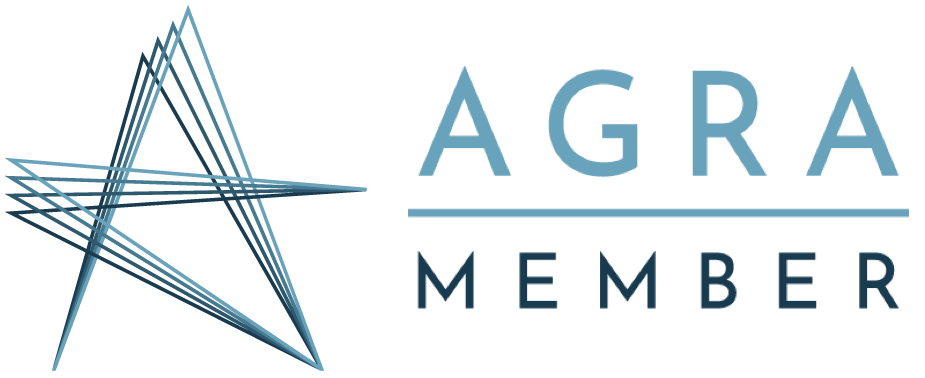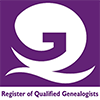Types of DNA for Family History
Autosomal DNA, Y-DNA, X-DNA or mtDNA
There are many different types of DNA, so how do you get started working out which type of test to take? Here is a brief guide to the different types of DNA and tests available and suggestions on when each can be useful.
There are four types of DNA that can help with your family history research
There are four types of DNA. Most tests look at autosomal DNA and some of those include X-DNA too. There is also Y-DNA and mtDNA. Here's how they differ. If you are interested in autosomal DNA testing but not sure which company to use see my guide on Maximising Your Success with Autosomal DNA.
Autosomal DNA
By far the most common test is an autosomal DNA test. This is the type of test you buy at Ancestry, My Heritage, 23andMe and Living DNA and is one of the tests available from Family Tree DNA. An autosomal test is often called a ‘close cousin’ test because it can be used to connect with cousins who share an ancestor, typically within 5-7 generations. We inherit autosomal DNA from all lines of our family within that time period. Anyone can take an autosomal DNA test.
Y-DNA
Y-DNA is carried only by males and is transmitted through the male to male to male line, largely unchanged for many generations. It can be used to find connections to ancestors far further back in time than autosomal DNA but only through one single line of your family tree. It is often used in surname studies and is also used for investigating ancient origins. Only males have Y-DNA and can take a Y-DNA test.
Mitochondrial DNA (mtDNA)
mtDNA is carried by males and females but only females pass it on to the next generation. mtDNA passes through the female to female to female line, unchanged for many generations. mtDNA is useful for looking at ancient origins and identifying remains. Anyone can take a mtDNA test.
X-DNA
X-DNA is not a separate test in its own right but some companies report X-DNA matches with your autosomal matches. Both males and females have X-DNA. It has a complex inheritance pattern and is most often used in combination with autosomal DNA to assign matches to a particular part of your family tree.
What is DNA?
DNA is found in almost every cell in the human body. Most of our DNA: the autosomal DNA, X-DNA and Y-DNA is found in the cell nucleus. The fourth type of DNA, mitochondrial DNA, is found in the mitochondria. The ways in which the different types of DNA are passed from parent to child varies, depending on the type of DNA. Different tests are therefore more useful for different testing aims. For example, Y-DNA tests can be very useful for surname projects looking to find out if all bearers of a surname are related.
Autosomal DNA can be fantastic for problems solving in recent generations of family trees. I can guide you through all the jargon and help you make the most of your DNA test results.
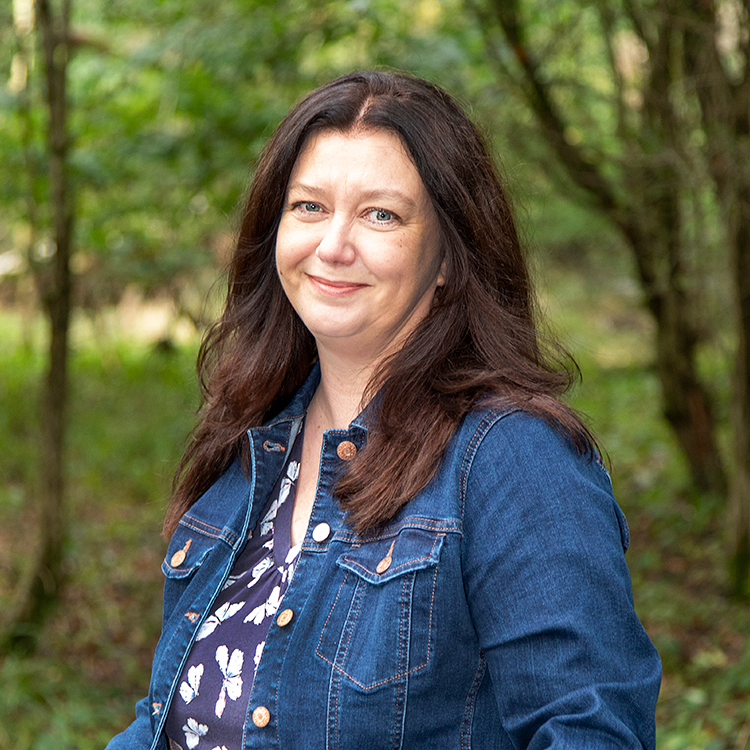
Consult a Professional Family Historian
As an experienced family historian and qualified scientist, I hold a unique perspective on family history research. I combine the knowhow and logic of the science world with the passion and experience of a traditional genealogist. With friendly and professional support, discovering your ancestors will truly be a pain-free and fun process.
Testimonials
"I just wanted to say what a fantastic job you have done to date. When I was googling family researchers last year, your website really stood out and now it is easy to see why: the reports are superbly presented and exude the professionalism of your approach – very well done and many thanks indeed.”
Richard, Somerset
"During the time that Karen has been doing research on my Suffolk ancestors I have been very impressed with Karen's professional research and the informative and detailed reports and copies of old documentation. She has also provided many ideas for additional research."
Frederick, London
“I gave Karen lots of garbled emails trying to rely on past family memories and threw in many red herrings but she remained patient and professional throughout her research. It was a relief to hand over this research knowing it would be done in a methodical way and the written reports were useful”.
Michelle
“Thanks, Karen, for dealing with my DNA enquiry. The report that I received was comprehensive, very well presented and was easy to follow. I also appreciate the guidance and advice about the further research that I could do. I would certainly recommend your service and would not hesitate to get in touch again.”
Ian Riley, West Yorkshire
Tips & Tricks for Family Historians
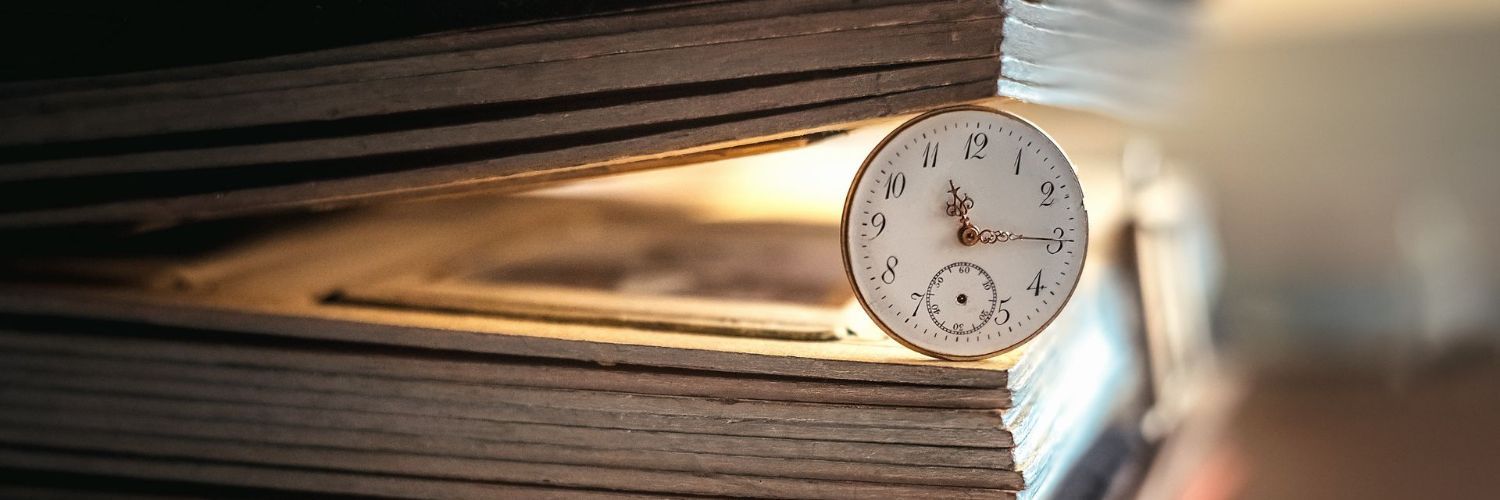
Are you new to family history research and looking for advice? Are you interested in learning more about genetic genealogy? Check out my blog where I share insights and more from my own family history journey.
Let’s Interpret Your DNA Results!
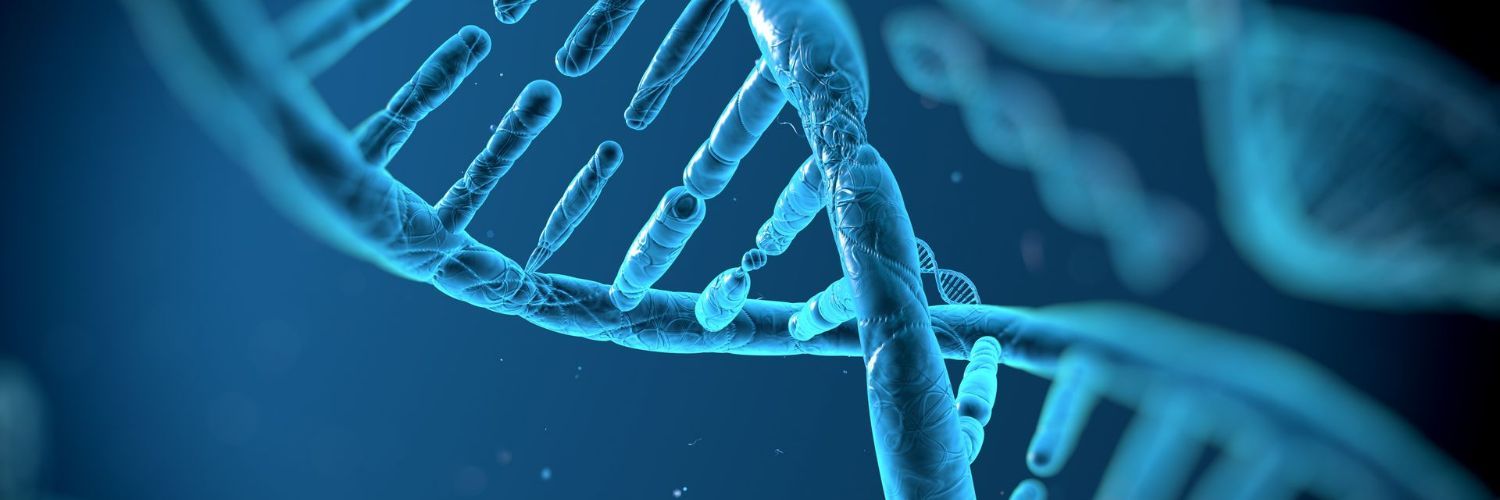
Whether the DNA testing provides some unexpected data, confirms your theories, or maybe you're just not sure where to start, get help interpreting your results today!

